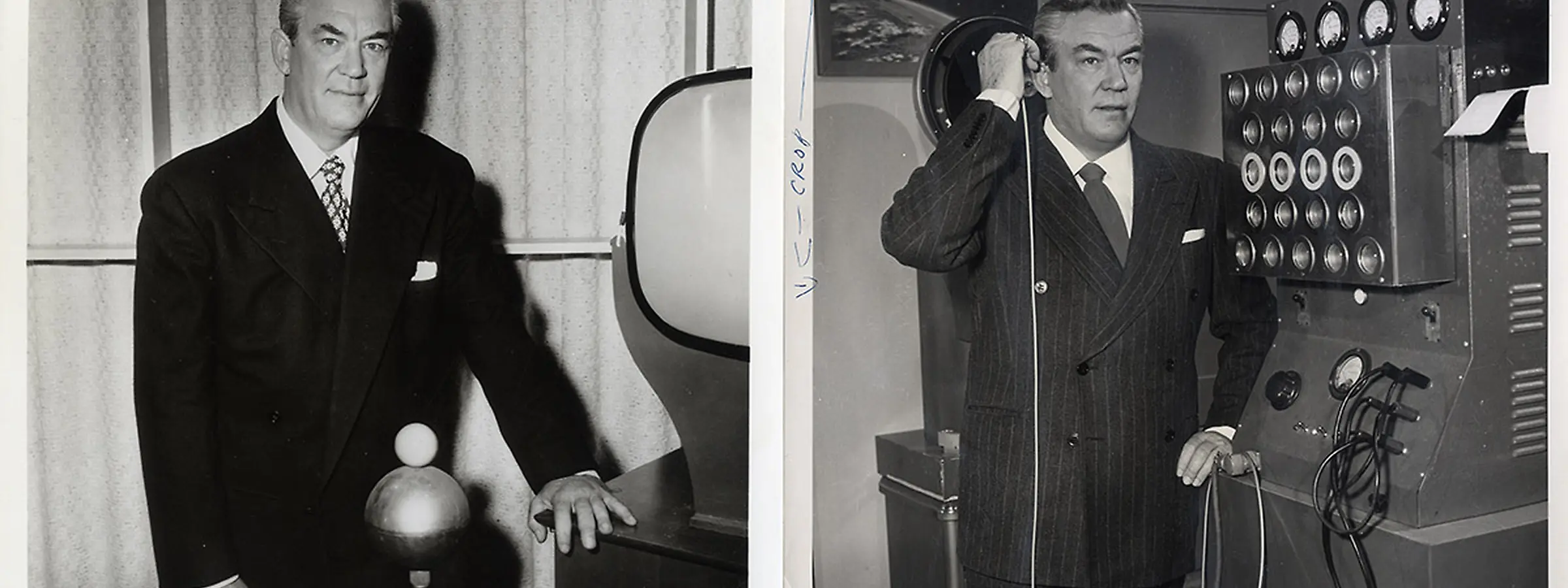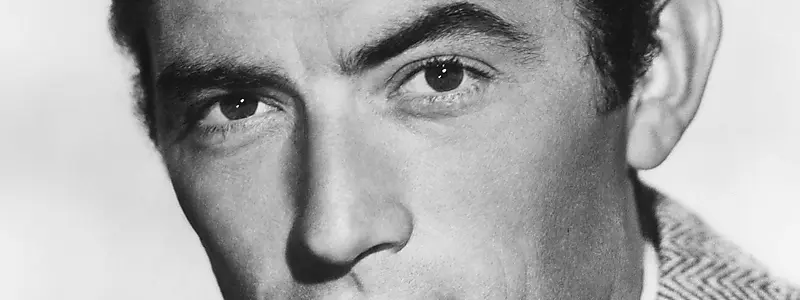When I was a kid, Science Fiction Theatre was already old and in reruns on my local independent channel. In the 1970s and early 1980s, most communities had one. They frequently showcased monster movies featuring a quirky host. These channels would also run old series such as Science Fiction Theatre. The thing that attracted me to it was the plausibility of the stories. I never liked the often pure fantasy of The Twilight Zone, although some Outer Limits episodes were really great. Another thing was Bradley always wore the most amazing suits or blazers. They hung on him flawlessly. I mean perfectly.
This is my tribute to that wonderful show and its host.
The 1950s and early 1960s, known as the “Golden Age” of television, marked the rise of science fiction as a popular genre for the medium. During a time of technological optimism, Cold War anxiety, and the beginning of the Space Race, television audiences were captivated by stories of scientific marvels and possibilities. One of the most iconic series that defined this era was Science Fiction Theatre.
Science Fiction Theatre, which aired from 1955 to 1957, distinguished itself by focusing on realistic scientific concepts and basing its episodes on believable technological advancements instead of pure fantasy. Each episode featured Truman Bradley, a former radio announcer and familiar Hollywood figure, introducing scientific concepts, experiments, or inventions that set the stage for the fictional story.
During this period, scientists were often portrayed as heroic figures, dedicated individuals whose intelligence and perseverance provided solutions to seemingly insurmountable problems. Popular films and television shows depicted scientists as altruistic and trustworthy figures, highlighting their vital contributions to society, progress, and even national security. This positive portrayal reflected the era’s broader cultural optimism toward technological advancement, scientific innovation, and faith in human progress.
In contrast, contemporary portrayals of scientists in media often cast them in ambiguous or even negative roles, depicting them as corrupt, unethical, or driven by self-serving ambitions. This is reinforced in our culture as more and more information comes to light concerning vaccines and food ingredients that should never have been approved that have caused incalculable damage. Films and television series today frequently emphasize cautionary tales about the misuse of technology and scientific hubris, fostering skepticism and distrust toward scientific authorities. This shift reflects broader societal anxieties and debates around issues such as climate change, genetic engineering, and technological surveillance, demonstrating a notable evolution in public attitudes toward science and its practitioners.
Science Fiction Theatre was hosted by the captivating Truman Bradley. His authoritative yet approachable presentation style made complex scientific ideas accessible and intriguing, significantly contributing to the show’s widespread appeal. His opening segments showcased real lab equipment and demonstrations, allowing viewers to visualize advanced concepts like radiation, robotics, atomic energy, and extraterrestrial communication.
Unlike other sci-fi shows like The Twilight Zone, or Outer Limits, Science Fiction Theatre focused on scientific plausibility instead of supernatural or speculative stories. This focus on believable science reflected the era’s deep fascination with innovation, progress, and the endless possibilities of science.
Episodes often highlighted Cold War themes, such as the risks of nuclear energy, space exploration, and human interaction with unfamiliar technologies. In an episode titled Time Is Just a Place, the narrative explored concepts akin to time travel through theoretical physics. In The Negative Man, viewers explore the intriguing concept of invisibility through scientific experimentation rather than fantasy.
Truman Bradley himself became an iconic figure, remembered fondly for his sincere enthusiasm and knowledgeable introductions. His presence created a comforting connection between the fantastic worlds on screen and the viewer’s daily life, making the show’s imaginative stories feel accessible.
Science Fiction Theatre also uniquely showcased emerging writers and directors who would later shape both television and film. Its narrative approach—intellectual, educational, yet consistently entertaining—set a benchmark for subsequent science fiction series, influencing future creators in the genre. The show was an important precursor to modern, science-based series like Star Trek, The X-Files, and Black Mirror.
The show marks an important point in the Golden Age of TV science fiction, blending scientific curiosity with imaginative storytelling. Truman Bradley’s captivating presentation style and dedication to real scientific exploration left a lasting impact, making it a significant moment for both science fiction fans and TV historians.









